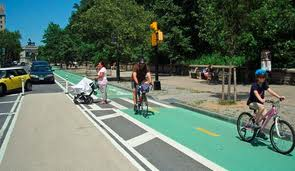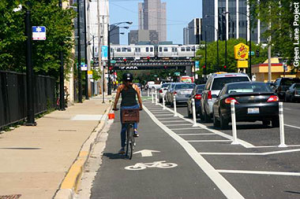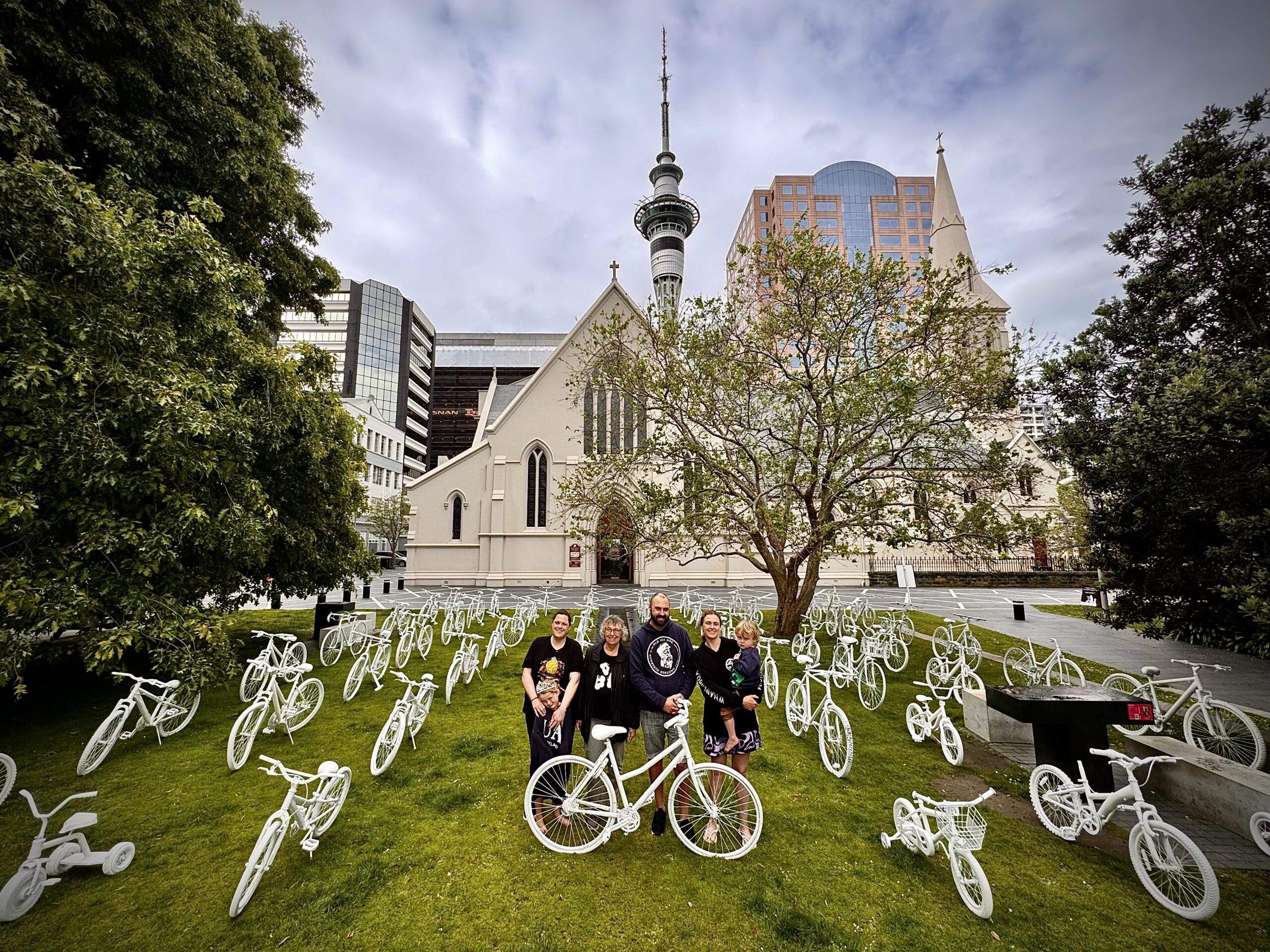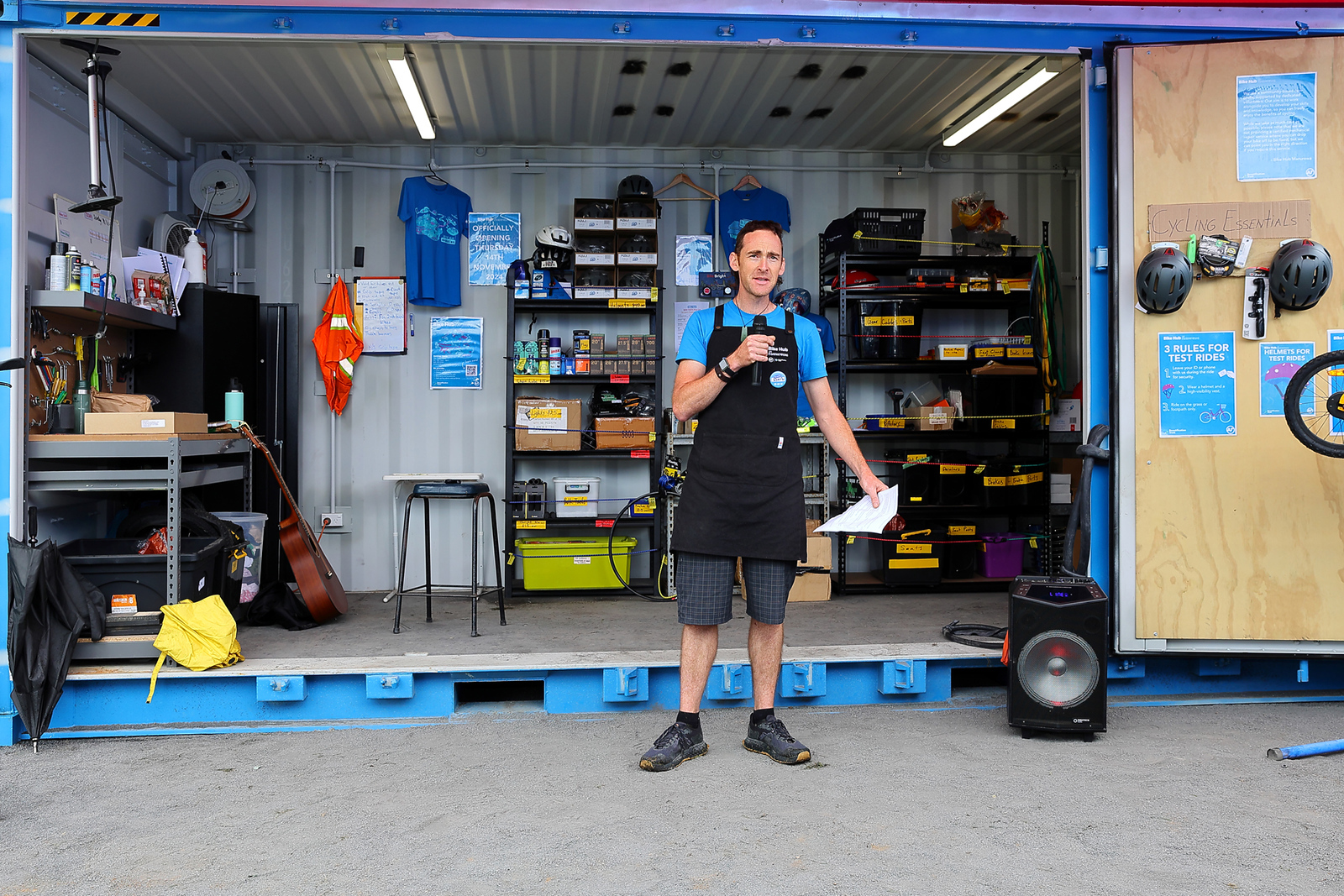
This article shows how much has been done to increase protected cycle infrastructure in the US in the last 10 years.
Cities like Portland, Seattle, San Francisco, Washington D.C., New York, Austin, Chicago and Denver have installed protected cycle lanes to varying degrees. One of the first and most fought over was the Prospect Park West bike lane. In a scenario reminiscent of the current spate over the SkyPath, the bike lane became the subject of a lawsuit between the local wealthy NIMBYs (led by no less than a US Senator’s wife) and a group of pro-cycling advocates headed by CAA’s friends at Transportation Alternatives (take a bow, Paul Steely-White). The advocates prevailed and all New Yorkers are now able to enjoy cycling in that area.

These kinds of projects have become increasingly popular in the United States as the benefits for all road users have become apparent:
According to the New York City Department of Transportation (NYC DOT), the bike lane has reduced speeding rates from 74 percent to 20 percent. Meanwhile, since the lane’s installation, crashes and injuries of all kinds have dropped by 63 percent. Travel times for motorists did not increase and neither did congestion (source). Meanwhile, a NYC DOT survey showed more than 70 percent of neighborhood residents supported the improvement.

The thing that I really like about the US cycle lane approach is how simple and low cost they are. Auckland seems to continue with its insistence on gold plating cycle projects. As you can see from the photos on this post, the costs are absolutely minimal. The only impediments are the unwillingness of AT to surrender a small portion of parking or car lanes. Though we are starting to see some progress in planned projects.
As we have covered in past posts, we are not just light years behind Northern Europe, we are even falling behind our English speaking cousins in the US and (along with some French speaking cousins) in Canada.
As the evidence mounts up and other New World cities (which make all the “but we’re not Europe” excuses sound weaker and weaker) leap ahead, hopefully one of the last bastions of auto dependency, the City of Sails (or is that Sales, as in car sales) may fall.
Fingers crossed.



